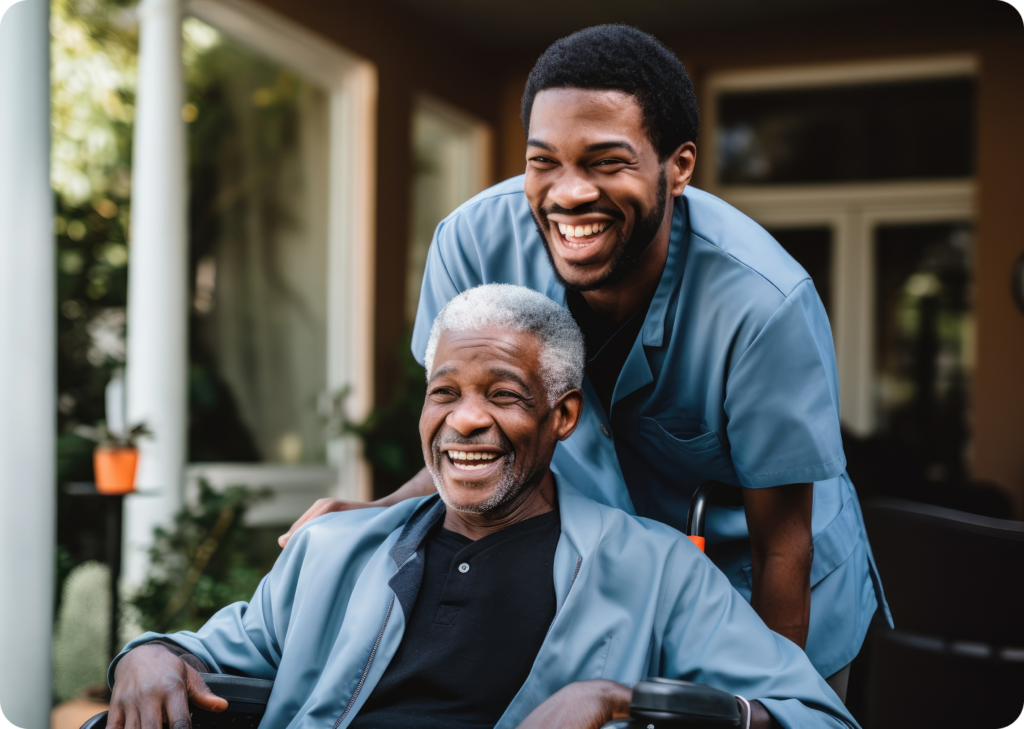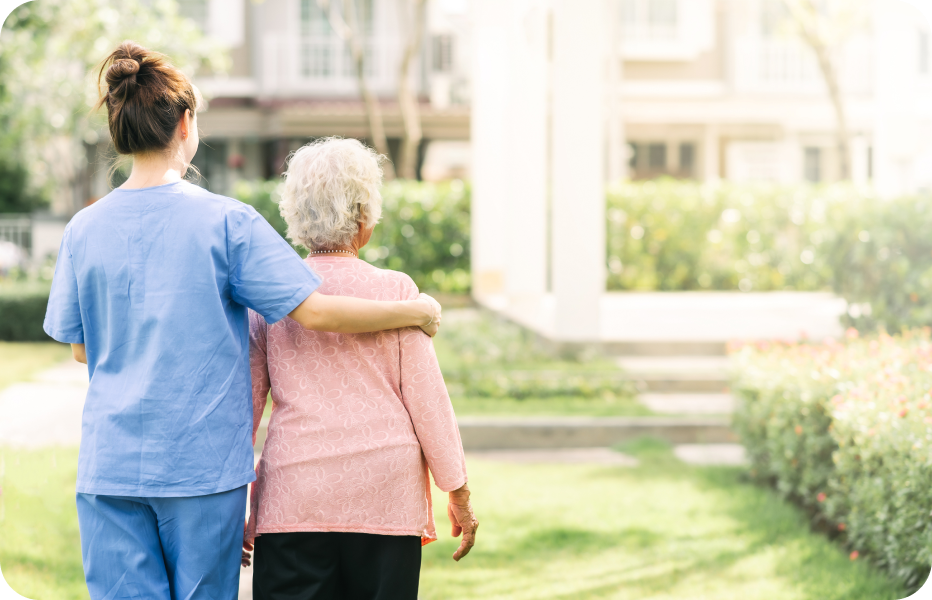Aging brings about many changes that can often feel overwhelming, both for older adults and their loved ones. While it’s common to focus on the physical changes that may arise, it’s essential to recognize that mental health, particularly anxiety, plays a significant role in the well-being of seniors. When an older adult experiences sleep disturbances, changes in appetite, or a loss of interest in activities, these signs are frequently misattributed to physical health issues, leaving anxiety unaddressed. It’s important for both seniors and their families to understand the signs of anxiety and approach the topic with compassion.
How Does Anxiety Manifest in Older Adults?
Anxiety can show up in various ways, and it’s essential to understand these expressions for better support:
- Changes in sleep patterns, such as restlessness, nightmares, or insomnia
- Altered eating habits, which may include nausea, overeating, or skipping meals
- Physical symptoms like sweating, trembling, or a racing heart
- Repetitive behaviors or rituals, such as excessive cleaning, hand washing, or checking locks
- Overthinking or ruminating about situations
- Overreactions that might seem out of character or irrational
- And many more signs

Many factors can contribute to feelings of fear and anxiety in older adults. For instance, a decline in mobility or balance may cause them to avoid situations where they might feel unsafe, like falling. This can lead to feelings of being trapped or losing their independence. Additionally, grief from losing a loved one can intensify anxiety, making it even more critical to offer support. Some medications may also introduce side effects that include heightened feelings of anxiety. Changes in living arrangements can provoke uncertainty and fear as well.
It’s understandable that family members want to help their loved ones, but it’s essential to approach solutions with sensitivity. A sudden move, such as relocating an older adult to a family member’s home after the loss of a spouse, may initially seem beneficial. However, it may also compound feelings of grief by disrupting their familiar routines and uprooting them from cherished memories and connections.
How Can We Support an Older Adult Experiencing Anxiety?
Here are some thoughtful ways to provide support:
- Engage in open and empathetic conversations, reassuring them that they won’t be judged
- Encourage them to discuss their feelings with a healthcare professional for appropriate guidance
- Help them reduce or avoid caffeine, alcohol, and stimulants that may increase anxiety Support them in cultivating healthier sleep and eating habits
- Involve them in decision-making, empowering them to take part in their care and choices
- Consider companion care at home, which can ease anxiety by assisting with daily tasks and providing companionship
If you or someone you care about is navigating anxiety, please don’t hesitate to reach out. We’re here to help—call us at 817-457-8324 or contact us today at info@exceptionalhc.net. Together, we can find the support that’s needed.


